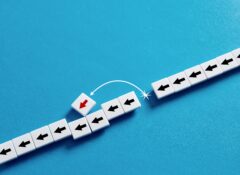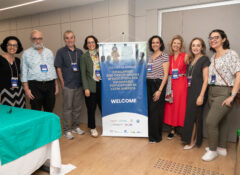This research included 29 PICUs (13 public and 16 private) in different Brazilian regions between July and October 2020. Participants received an online survey that encompassed demographic variables, occupational characteristics, and self-reported mental and emotional well-being questionnaires. Among the professionals eligible for the study, 1084 answered the questionnaire, which included physicians, nurses, physiotherapists, and nursing technicians.
The respondents were mostly young, female, and one-third were physicians. About 20% of the participants reported a previous mental health disorder diagnosis confirmed by a specialist, and almost 80% declared themselves satisfied or very satisfied with their current job. On the questionnaire, burnout scores concerning emotional exhaustion and personal achievement were high. The prevalence of anxiety (33%), depression (19%), and PTSD (13%) were also found. In addition, the researchers also noted that those with prior mental health issues scored the highest, and that younger staff members reported more burnout.
It is worth noting that professionals working in the public health system were more exposed to the risk of burnout and PTSD. In Brazil, public health institutions are responsible for most of the population’s care, and these have a chronic scarcity of resources and labor, culminating in a much greater workload and stress for the PICU team.
In the professional categories, physicians had worse burnout scores, although no differences in prevalence were found between subgroups. Complex decision-making when dealing with limited resources in the face of the extremely high demands imposed by the pandemic may have influenced this data.
The authors report that there are few studies related to pediatrics to make a comparison possible. However, burnout rates were higher than those obtained in another study conducted by a group of IDOR researchers before the pandemic, involving adult ICU professionals. A limitation point of this research is the fact that it is a cross-sectional study, and it is not possible to assess the cause-effect relationship.
Brazilian PICU workers appear to be at greater risk of experiencing symptoms of mental disorders during the first peak of Covid-19 in 2020 compared to the pre-pandemic period. Despite high levels of personal achievement combined with general satisfaction with the current job, organizational support can help in challenging situations of psychological distress and traumatic stress.
In the editorial, Dr. Colville concluded that “We need to be able to answer honestly ‘How was work today?’ and to acknowledge that even in the darkest of times, it is possible to find meaning in what we do.”






